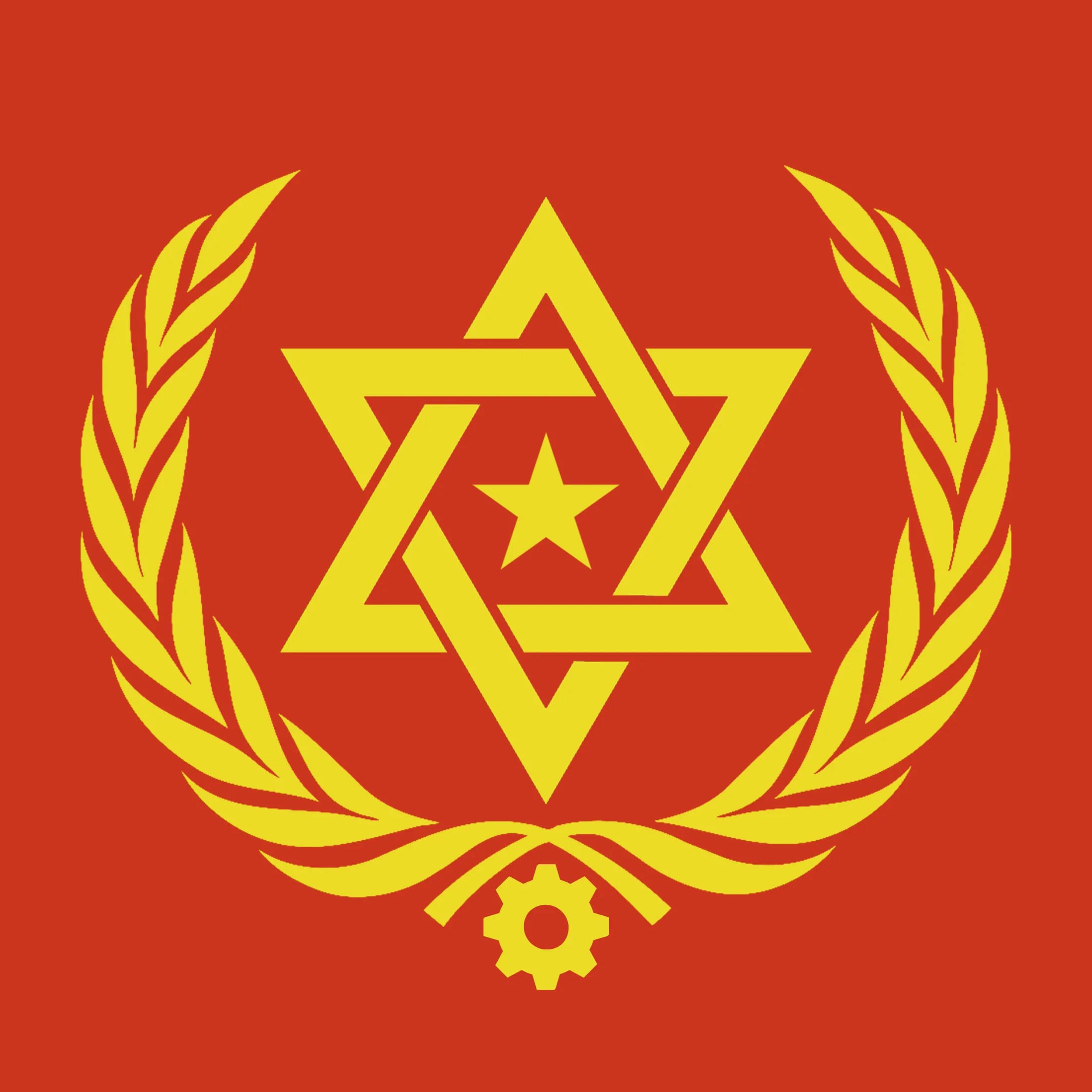Benedict (Baruch) de Spinoza lived from 1632-1677 in Holland. He studied religous works under Menasheh ben Israel, last week’s figure. I’ve found his actual writings rather dense. But he’s a figure who lived his life in the fairly prosperous Dutch shadow of the 30 years war. He exemplifies the radically new kind of religious thinking that was happening at the time.
In James Carrol’s sketch in “Constantine’s Sword” he writes “Like Marx two centuries later, Spinoza was born a Jew, but by the time he died he was branded an atheist, a materialist, an anarchist, and a revolutionary.”
Spinoza, though considered a “rationalist” incorporated mystical ideas about the divine presence in Nature and the value of the individual self into his writings. Carrol wrote America’s Jewish Founding Father a piece on Spinoza that I consider well-written, but a fairly lukewarm lib analysis.
While his teacher ben Israel attempted to reconcile contradictory statements in the Hebrew Bible, Spinoza arguably invented modern Biblical criticism, publishing works atributing the Torah to human authors that was considered blasphemous. Previously, some commentators, notably the Andalusian world-traveler Abraham ibn Ezra had cautiously hinted that specific verses in the Torah were human additions.
Spinoza was excommunicated and the writis kind of a banger.

